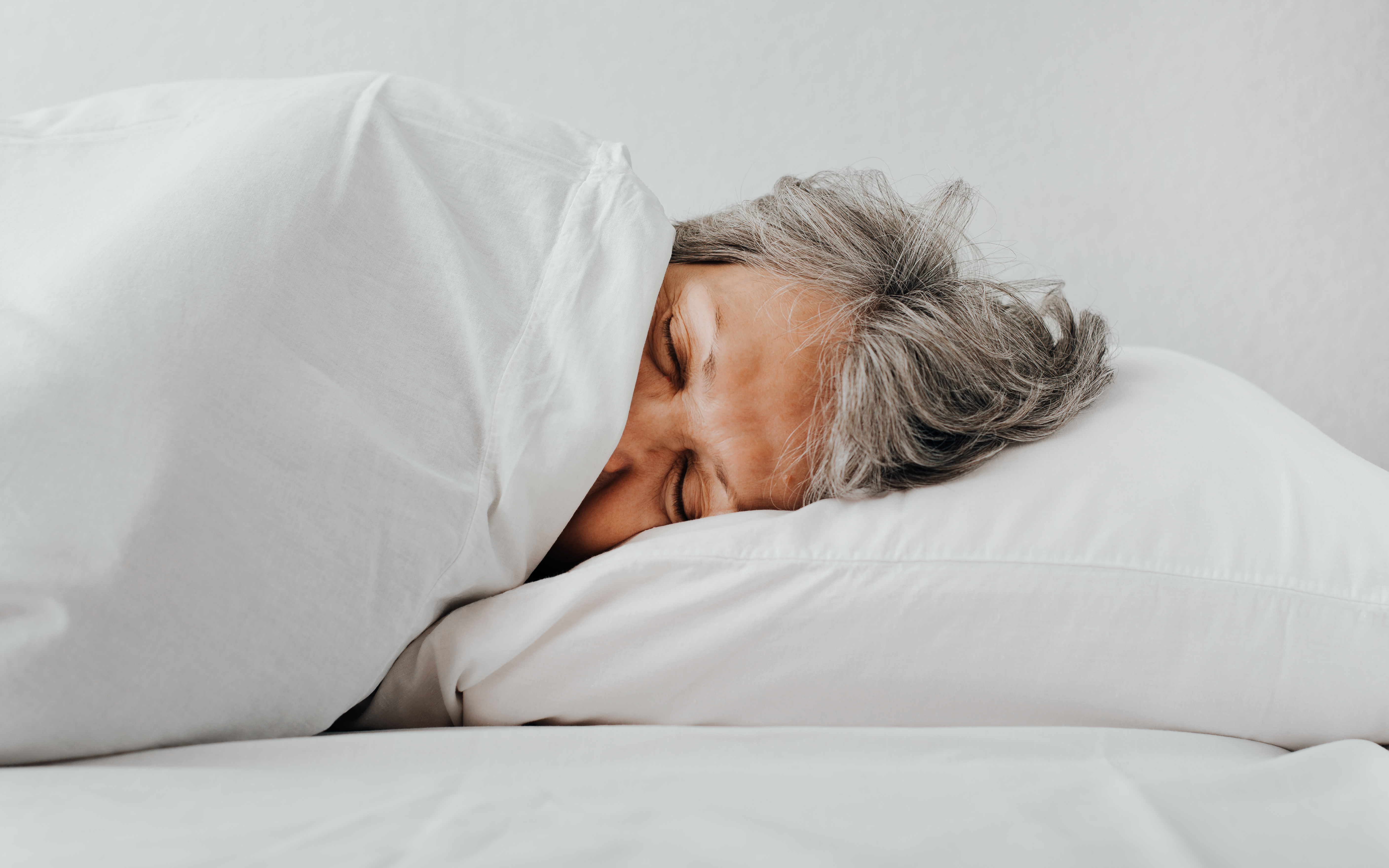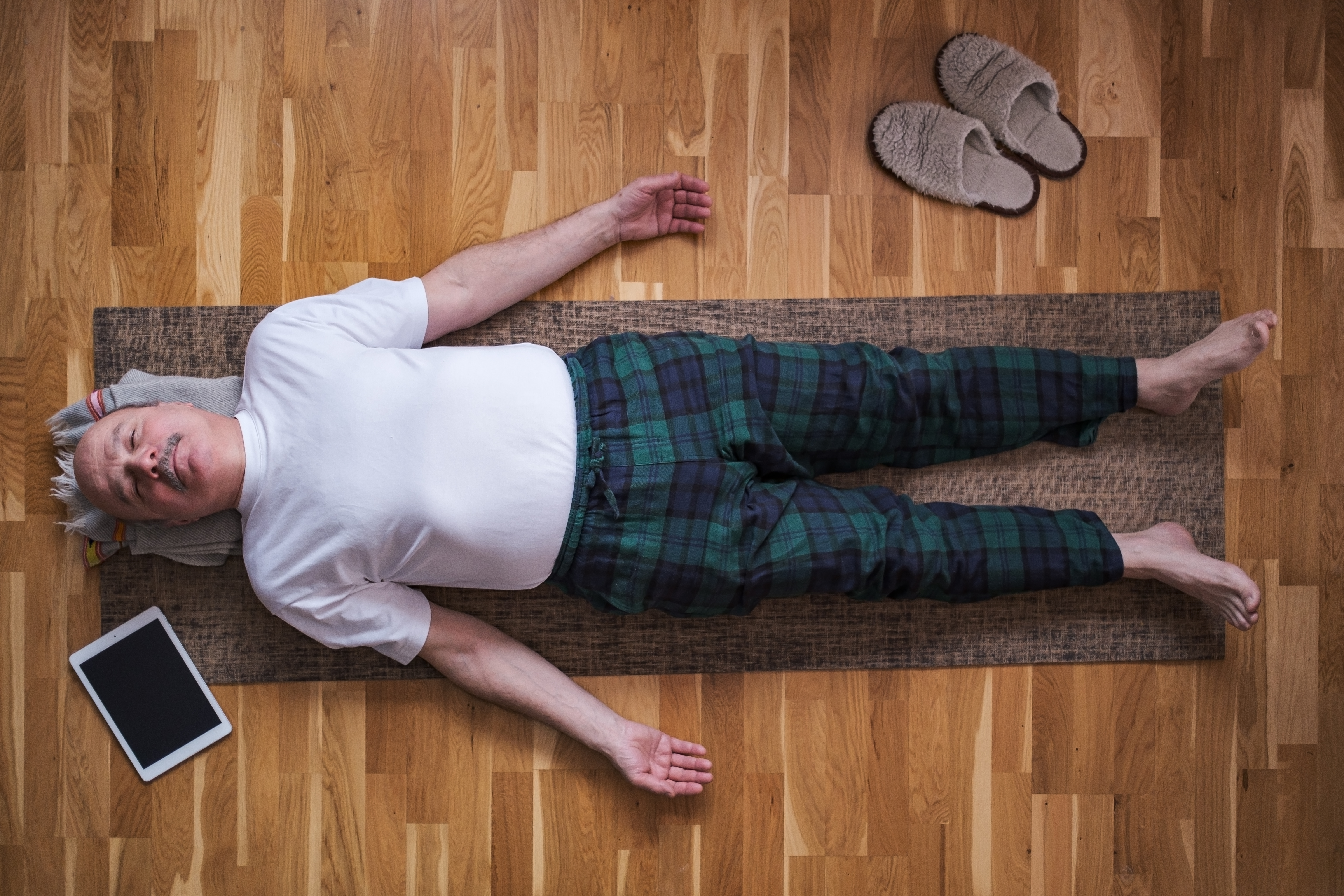15 Expert Tips for Getting the Best Sleep of Your Life After 50
As we age, the quality of our sleep becomes increasingly vital to our overall health and well-being. After the age of 50, many individuals experience changes in their sleep patterns, often leading to disrupted rest and less restorative sleep. This can significantly impact daily life, from mood and cognitive function to physical health and longevity. Understanding the science behind sleep and how it evolves with age is crucial for developing strategies to improve sleep quality. This article will delve into 15 expert tips specifically tailored to enhance sleep for those over 50, ensuring you drift into dreams with ease and wake up rejuvenated. By addressing both common sleep challenges and innovative solutions, we aim to provide a comprehensive guide that empowers you to achieve the best sleep of your life.
1. Understanding Sleep Cycles and Aging

Sleep is a complex biological process involving various stages, including REM (Rapid Eye Movement) and non-REM sleep. As we age, the proportion and duration of these stages can change, often resulting in lighter and more fragmented sleep. Understanding these changes is the first step in addressing sleep-related issues. Research indicates that older adults spend less time in deep sleep, which is crucial for physical restoration and memory consolidation. This shift can lead to increased wakefulness during the night and a greater tendency to nap during the day. By recognizing these natural changes, individuals can better tailor their sleep strategies to accommodate their evolving needs.
2. Creating a Sleep-Inducing Environment

The environment in which you sleep plays a pivotal role in the quality of rest you receive. A bedroom that promotes relaxation and tranquility can significantly enhance sleep quality. Start by ensuring your sleeping space is dark, quiet, and cool. Consider blackout curtains to block light, earplugs or white noise machines to reduce noise, and a thermostat set between 60-67 degrees Fahrenheit. Additionally, investing in a comfortable mattress and pillows that support your preferred sleeping position can make a substantial difference. By optimizing your sleep environment, you create a sanctuary that invites restful slumber.
3. The Role of Diet and Hydration

What you consume throughout the day can have a profound impact on your sleep quality. Foods rich in magnesium, potassium, and calcium, such as leafy greens, bananas, and dairy products, can help promote relaxation and improve sleep. Conversely, heavy meals, caffeine, and alcohol can disrupt sleep patterns, especially if consumed close to bedtime. Hydration is equally important, but it's wise to limit fluid intake in the evening to reduce nighttime awakenings. By making mindful dietary choices, you can support your body's natural sleep processes and enhance overall restfulness.
4. The Impact of Exercise on Sleep

Regular physical activity is a cornerstone of healthy sleep, particularly for those over 50. Exercise helps regulate the body's internal clock, reduce stress, and promote deeper sleep cycles. Activities like walking, swimming, or yoga can be particularly beneficial, offering both cardiovascular and relaxation benefits. However, timing is key; aim to complete workouts at least a few hours before bedtime to avoid overstimulation. By incorporating consistent exercise into your routine, you can improve both the quality and duration of your sleep, leading to a more energized and productive day.
5. Managing Stress and Anxiety

Stress and anxiety are common sleep disruptors, particularly for older adults who may face a variety of life changes and challenges. Developing effective stress management techniques is essential for achieving restful sleep. Practices such as mindfulness meditation, deep breathing exercises, and progressive muscle relaxation can help calm the mind and prepare the body for sleep. Additionally, maintaining a consistent bedtime routine that includes relaxing activities like reading or taking a warm bath can signal to your body that it's time to wind down. By addressing stress head-on, you can pave the way for a more peaceful night's sleep.
6. The Importance of Consistent Sleep Schedules

Our bodies thrive on routine, and maintaining a consistent sleep schedule is crucial for regulating the body's internal clock, or circadian rhythm. Going to bed and waking up at the same time each day, even on weekends, can help stabilize sleep patterns and improve overall sleep quality. This consistency reinforces the body's natural sleep-wake cycle, making it easier to fall asleep and wake up feeling refreshed. By prioritizing a regular sleep schedule, you set the foundation for a healthier and more restorative sleep experience.
7. Limiting Technology Before Bedtime

The blue light emitted by screens on phones, tablets, and computers can interfere with the production of melatonin, the hormone responsible for regulating sleep. To minimize this impact, it's advisable to limit screen time at least one hour before bed. Instead, engage in activities that promote relaxation, such as reading a book, listening to soothing music, or practicing gentle stretching. If screen use is unavoidable, consider using blue light filters or wearing glasses designed to block blue light. By reducing screen exposure, you can enhance your body's natural ability to transition into sleep.
8. Exploring Sleep Aids and Supplements

For some individuals, natural sleep aids and supplements may provide additional support in achieving restful sleep. Melatonin, valerian root, and magnesium are popular options that have been shown to promote relaxation and improve sleep quality. However, it's important to consult with a healthcare professional before starting any new supplement, particularly if you have underlying health conditions or are taking other medications. By exploring these options with guidance, you can find safe and effective ways to enhance your sleep.
9. Addressing Sleep Disorders

Sleep disorders such as insomnia, sleep apnea, and restless legs syndrome are more prevalent in older adults and can significantly impact sleep quality. If you suspect you have a sleep disorder, it's crucial to seek evaluation and treatment from a healthcare provider. Treatment options may include lifestyle changes, therapy, or medical interventions, depending on the specific condition. By addressing sleep disorders proactively, you can improve both your sleep and overall quality of life.
10. The Power of Napping Wisely

Napping can be a double-edged sword for those over 50. While a short nap can provide a quick energy boost, long or irregular naps can interfere with nighttime sleep. To nap effectively, limit naps to 20-30 minutes and aim to nap earlier in the day. This approach helps prevent grogginess and ensures that naps complement rather than disrupt your sleep schedule. By mastering the art of napping, you can enjoy its benefits without sacrificing your nighttime rest.
11. The Influence of Hormonal Changes

Hormonal changes, particularly in women undergoing menopause, can significantly affect sleep patterns. Fluctuations in estrogen and progesterone can lead to hot flashes, night sweats, and increased wakefulness. Understanding these changes and their impact on sleep is crucial for developing effective coping strategies. Options such as hormone replacement therapy, lifestyle adjustments, and stress management techniques can help mitigate these effects. By addressing hormonal influences, you can improve both your sleep quality and overall well-being.
12. The Connection Between Sleep and Mental Health

Sleep and mental health are closely intertwined, with poor sleep often exacerbating conditions such as depression and anxiety. Conversely, mental health challenges can disrupt sleep, creating a vicious cycle. Prioritizing mental health through therapy, support groups, and self-care practices can have a positive impact on sleep quality. Additionally, maintaining open communication with healthcare providers about any mental health concerns can lead to more comprehensive treatment plans. By nurturing both sleep and mental health, you can enhance your overall quality of life.
13. Embracing Relaxation Techniques

Incorporating relaxation techniques into your daily routine can be a powerful tool for improving sleep quality. Practices such as yoga, tai chi, and guided imagery can help reduce stress and promote a sense of calm. These activities encourage mindfulness and body awareness, making it easier to transition into a restful state at bedtime. By exploring different relaxation techniques, you can discover what works best for you and create a personalized approach to enhancing your sleep.
14. Cultivating a Sleep-Positive Attitude

A positive attitude towards sleep can significantly influence your sleep experience. Viewing sleep as a priority and a vital component of health encourages healthier sleep habits. Avoid viewing sleep as a chore or a source of frustration. Instead, approach it with a mindset of gratitude and relaxation. By fostering a sleep-positive attitude, you can create a more welcoming environment for rest and improve your relationship with sleep.
15. Monitoring and Adjusting Sleep Habits

Regularly monitoring your sleep habits can provide valuable insights into your sleep patterns and areas for improvement. Consider keeping a sleep diary to track your bedtime, wake time, and any factors that may influence your sleep quality. This information can help identify patterns and inform adjustments to your sleep routine. By staying attuned to your sleep habits and making necessary changes, you can continuously optimize your sleep experience.
Committing to Better Sleep

Achieving the best sleep of your life after 50 requires a commitment to understanding and addressing the unique challenges and opportunities that come with aging. By implementing the expert tips outlined in this article, you can create a sleep environment and routine that supports restorative rest. Remember, sleep is not a luxury but a necessity for optimal health and well-being. By prioritizing sleep and making informed choices, you can enjoy the rejuvenating benefits of quality rest and embrace the vibrant life that awaits you each day.
